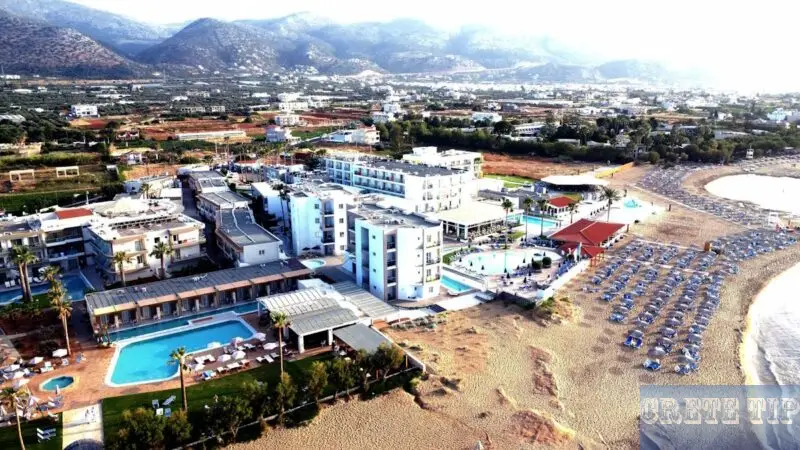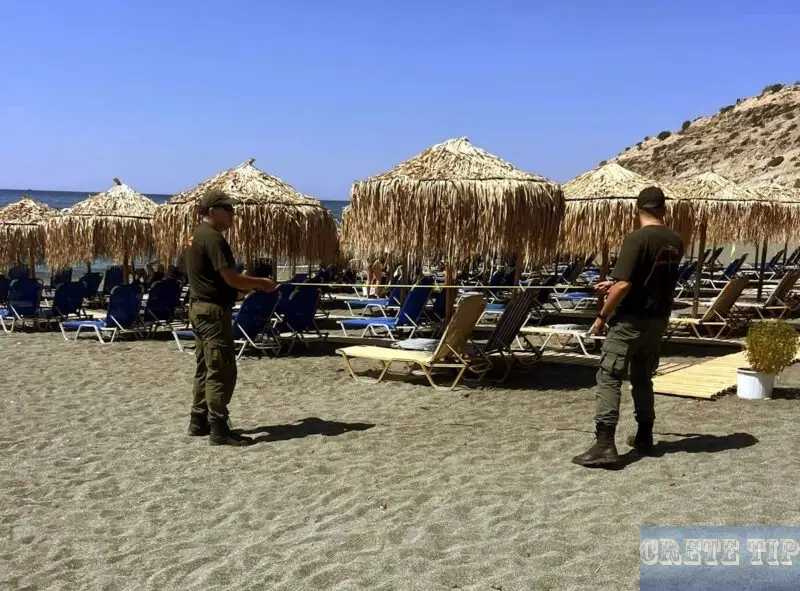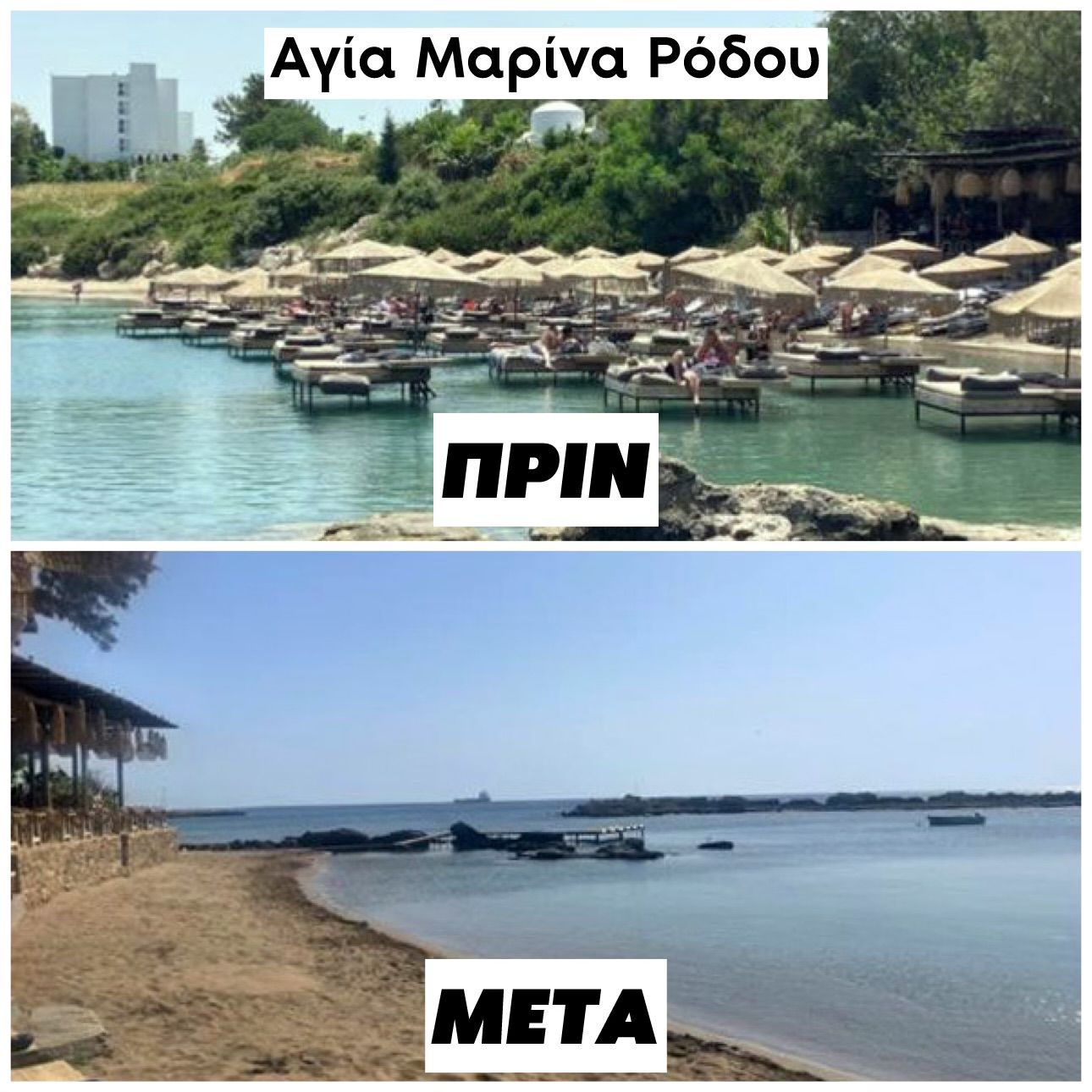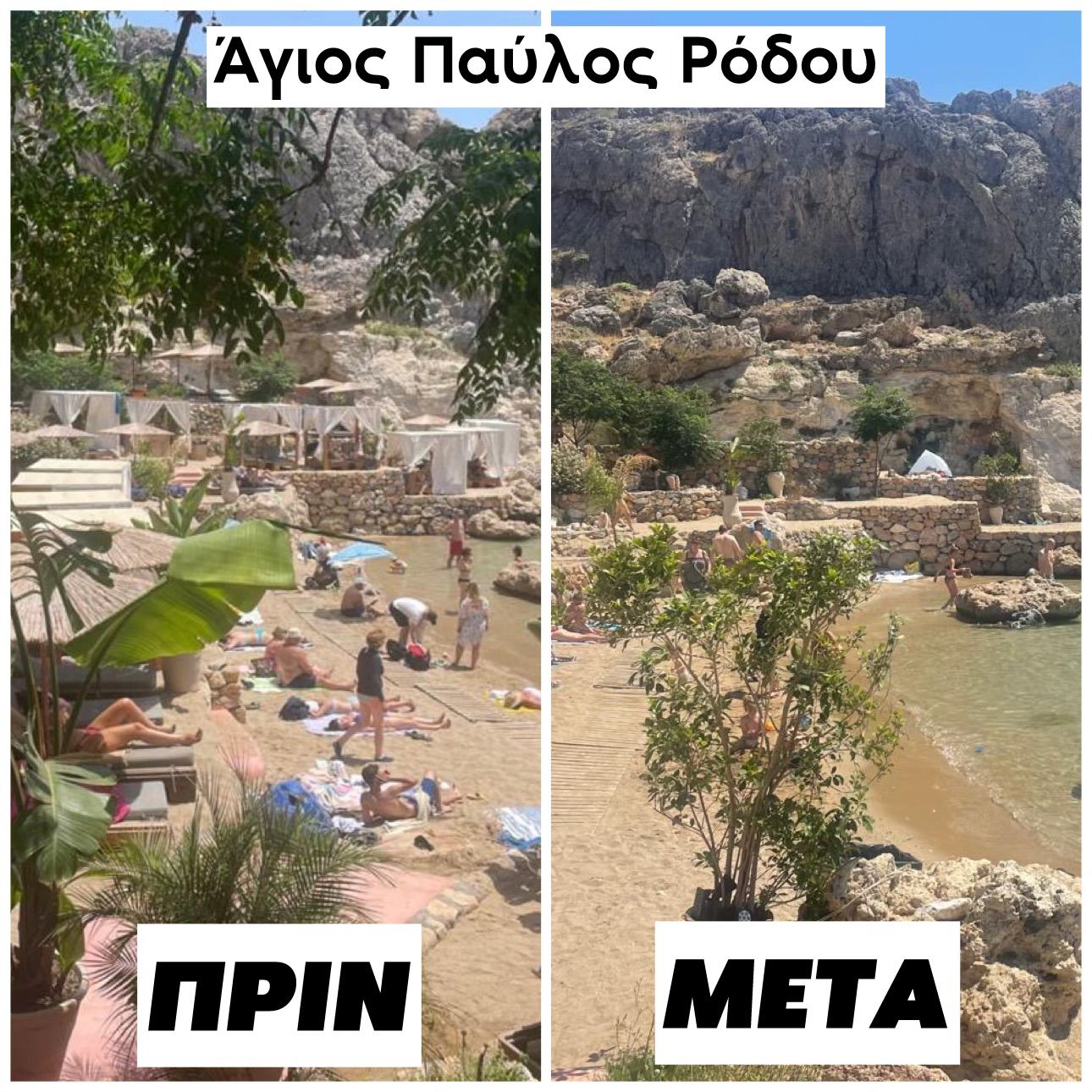20,500 checks in 60 days on the beaches: Intensive coastal monitoring programme unveiled.

Beach Inspections and Enforcement Measures
Cutting-edge technology played a crucial role in these inspections. Officials utilised the MyCoast application, drones, and satellite imagery to enhance their oversight capabilities. The primary aim was to ensure strict adherence to regulations governing public space usage and business operations along the shoreline.
The scope of these inspections was truly impressive:
- 2,400+ businesses scrutinised
- 682 violations identified
- 400 administrative measures imposed
- 55 business closure orders issued
- £7.3 million (€8.5 million) in fines levied
August proved to be a particularly intense month for enforcement activities:
- 11,000 inspections conducted
- 350 beaches examined
- 1,200+ businesses checked
- 330 violations uncovered
- 170 administrative measures enacted
These figures underscore the government’s commitment to maintaining order and compliance along Greece’s sought-after coastlines.
Notable hotspots for infractions included:
- Kefalonia
- Halkidiki
- The Dodecanese Islands
- East Attica
- Iraklio, Crete
It’s worth noting that while these areas saw higher rates of non-compliance, the vast majority of beach businesses across Greece operated within the bounds of the law.
The MyCoast application proved to be a game-changer in this enforcement effort. This digital tool empowered citizens to report potential violations directly to authorities, creating a more responsive and efficient system for identifying problems.
Table: Breakdown of August Enforcement Actions
Metric |
Value |
|---|---|
Total Inspections |
11,000 |
Beaches Examined |
350 |
Businesses Checked |
1,200+ |
Violations Found |
330 |
Administrative Measures |
170 |
The Greek government has emphasised that these inspections will continue throughout September and until the end of the tourist season. This extended vigilance aims to maintain the improved conditions achieved during the peak summer months.
While luxury resorts and popular tourist destinations were not exempt from these inspections, the focus appeared to be on ensuring fair access and proper management of public beach areas for all visitors and residents alike.
The rigorous enforcement actions taken this summer have had a noticeable impact on the overall beach experience in Greece. Many tourists and locals have reported cleaner, more orderly beaches with improved adherence to space allocation rules and environmental regulations.
For those planning a beach getaway to Greece, it’s important to be aware of these heightened enforcement measures. Visitors should expect well-regulated beaches with clearly defined areas for sunbathing, water sports, and commercial activities.
Key points for beachgoers to remember:
- Respect designated areas for umbrellas and sunbeds
- Adhere to local regulations regarding alcohol consumption and noise levels
- Be mindful of environmental protection measures
- Use the MyCoast app to report any concerns or violations
While some may view these strict measures as potentially dampening the carefree spirit of a beach holiday, many argue that they ultimately contribute to a more enjoyable and sustainable coastal experience for everyone.
The Greek government’s proactive stance on beach management reflects a broader trend in popular tourist destinations worldwide. As coastal areas face increasing pressure from tourism and development, authorities are implementing stricter oversight to preserve these natural resources for future generations.
This comprehensive approach to beach management in Greece serves as a potential model for other countries grappling with similar challenges. By leveraging technology, citizen engagement, and robust enforcement, Greece has demonstrated that it’s possible to balance tourism demands with environmental stewardship and public access rights.
As the 2024 summer season winds down, the long-term effects of these intensified beach inspections remain to be seen. However, the initial results suggest a positive shift towards more responsible coastal management practices across the country.
Hefty Penalties Issued on Heraklion’s Beaches

The summer of 2024 saw an unprecedented wave of beach inspections across Greece, with Heraklion facing significant consequences. A staggering 742,000 euros in fines were levied on beaches in the Heraklion region, marking a stringent enforcement of coastal regulations.
These inspections were part of a larger nationwide effort spanning July and August. Property Services from the Ministry of National Economy and Finance conducted thorough examinations of 630 beaches throughout Greece. The scale of this operation was unparalleled, utilising cutting-edge technology such as drones, satellite imagery, and the MyCoast application to enhance efficiency and accuracy.
The inspections yielded notable results:
- Over 20,500 checks were performed based on complaints
- More than 2,400 businesses were scrutinised
- 682 violations were identified
- 400 administrative measures were imposed
- 55 business closure orders were issued
- Total fines exceeded 8.5 million euros
August proved to be a particularly intense month for enforcement:
- 11,000 checks on 350 beaches
- Over 1,200 businesses inspected
- 330 violations discovered
- 170 administrative measures implemented
The MyCoast application played a crucial role in the process, serving as a primary channel for reporting infractions. Interestingly, only 10% of all complaints were submitted with the complainant’s name attached.
The authorities took swift action upon discovering violations. In cases where businesses lacked proper contracts, 55 sealing orders were issued for illegally occupied beach sections. The distribution of these orders in August alone was as follows:
Region |
Number of Orders |
|---|---|
Achaia |
2 |
Boeotia |
1 |
Euboea |
5 |
Zakynthos |
1 |
Ilia |
7 |
Kefalonia |
7 |
Corfu |
2 |
Larissa |
2 |
Magnesia |
1 |
Messenia |
2 |
Before/After:
These rigorous checks aimed to ensure that the vast majority of business owners adhered to strict operational rules and respected public space occupation limits. The enforcement strategy combined severe penalties with administrative measures for those found in violation of regulations.
The use of technology significantly bolstered the efficiency of these inspections. Drones provided aerial surveillance, while satellite images offered a broader perspective on coastal activities. The MyCoast application streamlined the complaint process, allowing for quick reporting and response.
Local authorities, including municipalities and the Hellenic Police, supported the Property Services in their efforts. This collaborative approach enhanced the thoroughness and effectiveness of the inspections.
The high number of violations discovered underscores the importance of such extensive checks. It highlights the ongoing challenges in maintaining compliance with beach regulations and protecting public coastal areas from unauthorised use.
The substantial fines imposed serve as a deterrent for future violations. They also demonstrate the government’s commitment to preserving the integrity of Greece’s coastal regions, which are vital for both tourism and local communities.
The diverse nature of the violations suggests a range of issues, from minor infractions to more serious breaches of coastal laws. The closure orders, in particular, indicate instances where businesses were operating without proper authorisation or significantly overstepping their permitted boundaries.
These actions reflect a broader policy aimed at balancing commercial interests with the need to protect public access to beaches. By enforcing regulations strictly, authorities hope to maintain the natural beauty and accessibility of Greek coastal areas.
The fact that 90% of complaints were made anonymously raises interesting questions about public engagement in coastal protection. It might indicate a desire to report issues without fear of repercussions, or perhaps a general preference for anonymity when interacting with government services.
The concentrated effort in August, accounting for nearly half of the year’s inspections, aligns with the peak tourist season. This timing ensures maximum impact and visibility of enforcement efforts when beaches are at their busiest.
The geographic spread of closure orders reveals that coastal regulation issues are not confined to a single area but are present across various regions of Greece. This widespread distribution of violations suggests a need for consistent enforcement and education across the country.
Kefalonia and Ilia stand out with the highest number of closure orders in August, indicating particular challenges in these areas. Further investigation might reveal specific local factors contributing to the higher rate of non-compliance.
The use of administrative measures alongside fines demonstrates a multi-faceted approach to enforcement. This strategy allows authorities to address violations through various means, tailoring their response to the severity and nature of each infraction.
The sheer number of businesses inspected—over 2,400—highlights the scale of commercial activity on Greek beaches. It underscores the economic importance of coastal areas and the need to balance commercial interests with environmental and public access concerns.
The ratio of violations to inspections suggests that while many businesses operate within the rules, there is still a significant minority that fails to comply with regulations. This finding may inform future policy decisions and enforcement strategies.
The implementation of these strict controls likely had an immediate impact on beach operations during the busy summer months. Businesses facing closure or hefty fines may have had to quickly adjust their practices to comply with regulations.
The use of satellite imagery in beach inspections represents a significant technological advancement in coastal management. This tool allows authorities to monitor large areas efficiently and detect changes or anomalies that might indicate unauthorised activities.
The MyCoast application’s role in facilitating complaints demonstrates the growing importance of citizen participation in environmental protection. By providing an easy-to-use platform for reporting issues, authorities can leverage public awareness to enhance their enforcement capabilities.

The involvement of local police forces in these inspections highlights the serious nature of coastal violations. It sends a clear message that beach regulations are not merely administrative matters but are backed by law enforcement.
The implementation of closure orders, particularly during the peak tourist season, likely had significant economic impacts on the affected businesses. This severe consequence serves as a powerful deterrent but also raises questions about the balance between enforcement and economic considerations.
The comprehensive nature of these inspections, covering hundreds of beaches across the country, demonstrates a national commitment to coastal protection. It suggests a recognition of beaches as important national assets deserving of rigorous oversight.
The high number of administrative measures taken indicates that authorities are not solely relying on fines as a deterrent. These measures might include warnings, temporary suspensions, or other non-monetary penalties designed to encourage compliance.






